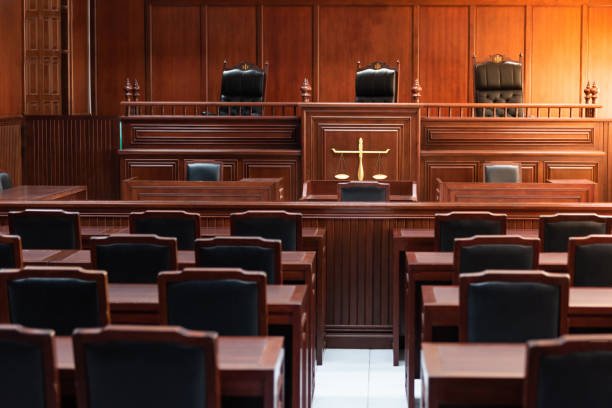On this page, we discuss and name the two instances where a judge is obliged to exclude spectators from the courtroom.
Two instances where a judge is obliged to exclude spectators from the courtroom
In most democratic societies, courtrooms are open to the public to promote transparency and ensure the integrity of the judicial process. However, there are situations when a judge might be obliged to exclude spectators from the courtroom. Two such instances can be due to the sensitive nature of the case and to ensure a fair trial.
1. In the Interest of Public Decency and Respect for Privacy
In cases involving sexual offenses, particularly those involving minors, a judge may be obliged to exclude the public from the courtroom. This is done out of respect for the victim’s privacy and to avoid the potential trauma that might be caused by a public hearing. These cases are often of an extremely sensitive nature, and the details that emerge during the trial could be distressing or harmful to members of the public.
In these situations, the judge must balance the principle of open justice against the victim’s rights to privacy and protection from harm. If the judge determines that a public hearing could infringe upon these rights, they may decide to close the courtroom. This practice is particularly common in cases involving child abuse, where the welfare of the child takes precedence.
2. To Prevent Undue Influence and Ensure a Fair Trial
There are also situations where the presence of spectators could potentially influence the jury or witnesses, thereby threatening the defendant’s right to a fair trial. This is especially a concern in high-profile cases, where the public interest and media attention could create a circus-like atmosphere.
If the judge believes that the presence of spectators could unduly influence the proceedings, they can decide to exclude the public from the courtroom. This is done to protect the integrity of the trial and to ensure that the verdict is based solely on the evidence presented in court, rather than public sentiment or media coverage.
In conclusion, while open justice is a fundamental principle of most judicial systems, there are instances where a judge might be obliged to exclude spectators from the courtroom. These decisions are not taken lightly, and are typically only made when it is deemed necessary to protect the rights of those involved or to ensure the fairness and integrity of the judicial process.





